Stories of Our Impact
Through this Lenten program, together we get to be a living sign to our patients and partners that they are not alone in the wilderness. We can't avoid the harsh and rugged wilderness. We can't always prevent the people we love or those in our communities from experiencing it. This Lent, as we sit together in that wilderness, we are challenged to remain rooted in our conviction that God is here with us and we are never alone. May this place, indeed, be the promise of something new and life-giving for all of us.
As the Solidarity Bridge organization contemplates recent events at the national level, we reflect deeply on the meaning of the word “solidarity.” This value lies at the heart of our work, is reflected in our name, and has served as the core motivating principle of our mission for over 25 years. Rooted in Catholic social teaching, we seek a just, compassionate, and interdependent world, where the health needs of those most vulnerable are prioritized. Out of these values, we feel called to speak about the recent US cuts to foreign aid, international cooperation, medical research, and global healthcare funding, which threaten essential services while undermining efforts to prevent and respond to health crises, in the low-income regions in which we work and around the world.
“I was hopeless” is a phrase you frequently encounter when speaking with parents of children with drug-resistant epilepsy. It serves as a powerful reminder of the vital role that Solidarity Bridge plays in sustaining hope for those whose hope has run thin. Along with committed partners, Solidarity Bridge is restoring hope for Bolivian children suffering drug resistant epileptic seizure disorders by making epilepsy surgery accessible.
At 53, Margarita is a woman who has faced more challenges than most people do in a lifetime. When I first met her, she was overwhelmed by debilitating headaches and near blindness. About 18 months earlier, her symptoms had started with headaches and subtle vision problems. But at the time, she and her family thought it was all tied to the devastating loss of her husband of more than 30 years. The grief of losing him had consumed her, and no one could have imagined that something else might be wrong.
Fred Rogers, TV’s beloved Mr. Rogers, used to say that when there is a crisis, look for the helpers. During our week in Vinto, Bolivia, as part of Solidarity Bridge’s Multi-Specialty Mission Team, we never had to look far to find helpers.
Too often, we overlook the fact that there is not only an economic barrier preventing patients from receiving care but also a time barrier. In many cases, the ability to take time off to heal is a luxury. Many patients put off life-saving surgery because they can’t afford to take time off. This is why our general surgery program has placed a strong emphasis on training local doctors and residents in laparoscopic surgery, as well as donating laparoscopic equipment and supplies.
On the recent Multi-Specialty Mission Trip, it was apparent that life had changed in Bolivia. The economic crisis has affected everyone in but its toll on our patients, many of whom have few economic resources to begin with, is particularly harsh. The devaluation of the boliviano means that even basic necessities have become unaffordable, making healthcare access nearly impossible for many.
Bolivian representatives from the Santa Barbara Hospital spent a week in Honduras to observe a range of rehabilitation training and care methods for neuro trauma patients at Teleton Honduras. This South-South exchange facilitated the sharing of expertise and collaboration to solve healthcare challenges.
It was a tremendous honor for Solidarity Bridge’s Neurosurgery & Neurology Institute (NNI) to be invited to celebrate the 50th anniversary of the Bolivian Society of Neurosurgery (BSN) and participate in its XXII Congress, in La Paz, Bolivia during their visit at the end of August.
In a groundbreaking collaboration with Solidarity Bridge this fall, the University of Wisconsin-Madison's Department of Neurological Surgery will welcome the first Bolivian neurosurgeons as part of a one-month observership program.
Surgery Residents during previous on-site training course held in March of 2024, focusing on spinal surgery.
More than 100 patients have undergone gallbladder or hernia surgery so far in 2024 through mobile surgery campaigns to municipal hospitals throughout Bolivia.
The Solidarity Bridge Neurosurgery and Neurology Institute (NNI) is working with key public hospital partners in Paraguay and Bolivia to develop holistic “brain teams” to improve clinical outcomes for patients with neurological disorders.
Our mission team had the pleasure of visiting one of the sites of our mobile laparoscopic surgery campaigns to see the impact of our partnership in the hospital and the surrounding community.

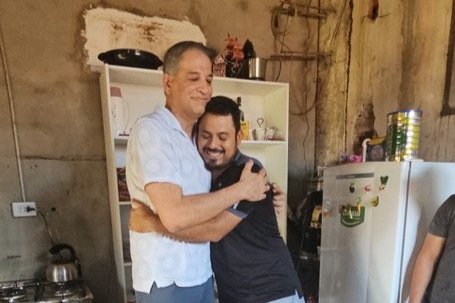






























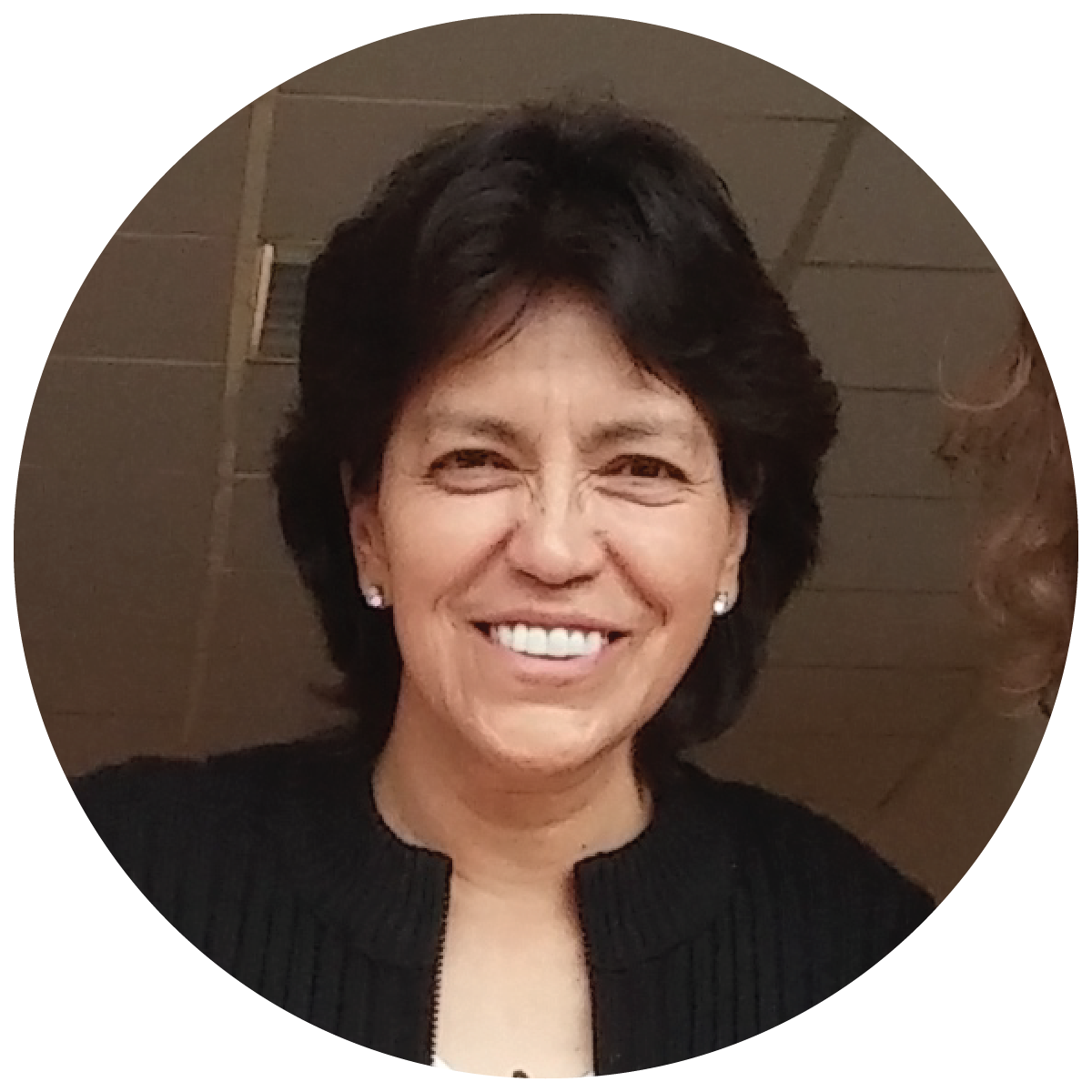
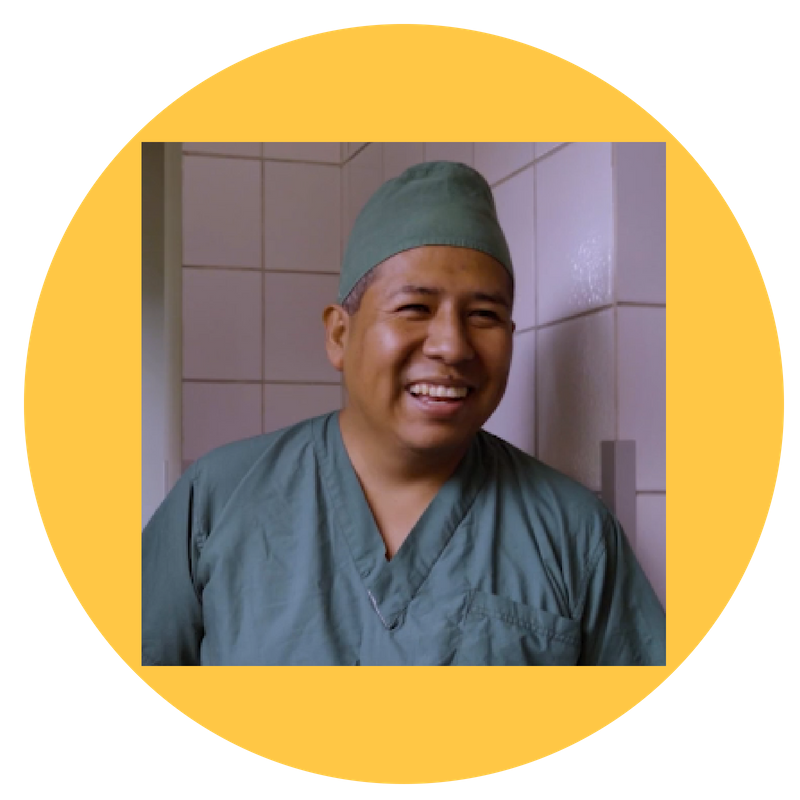
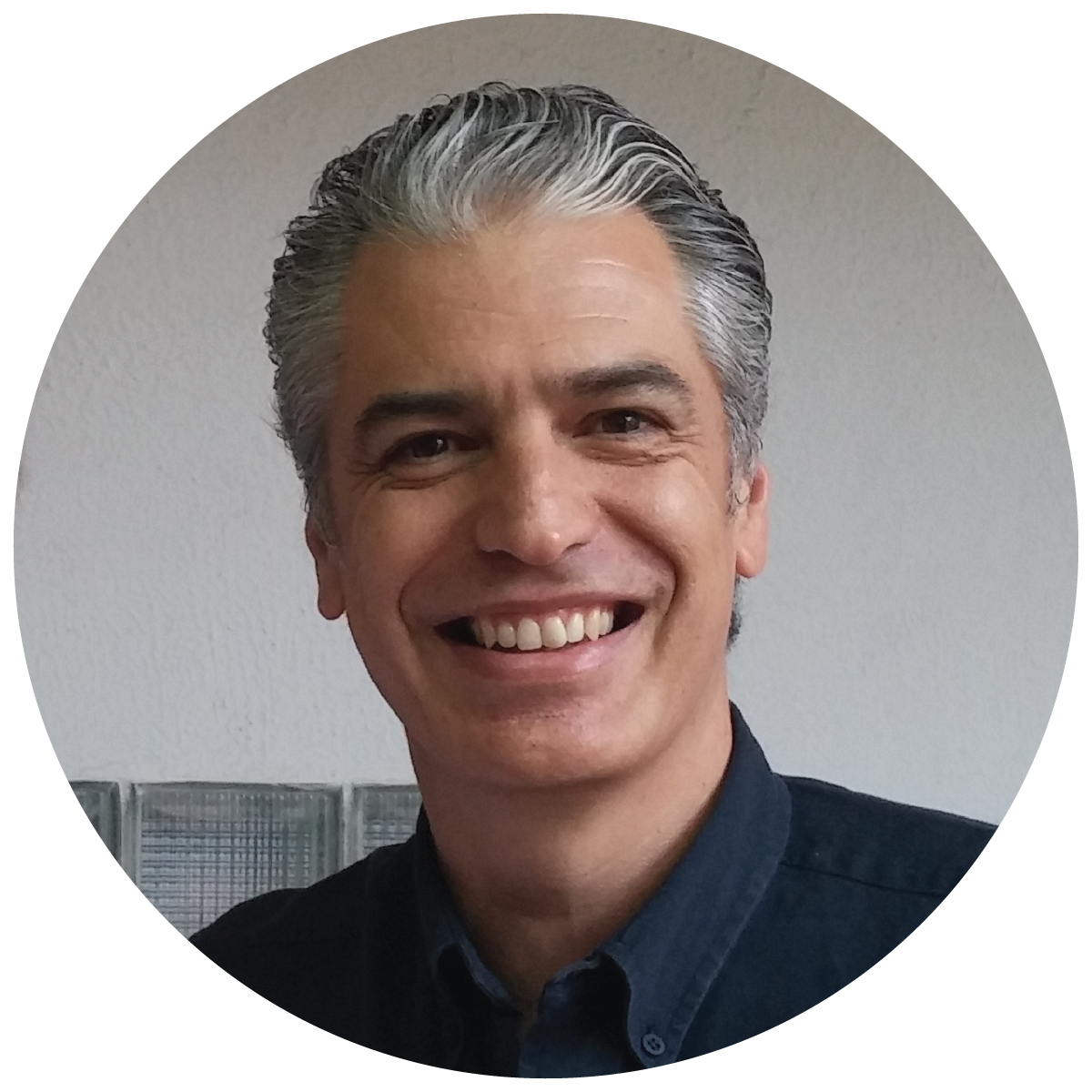

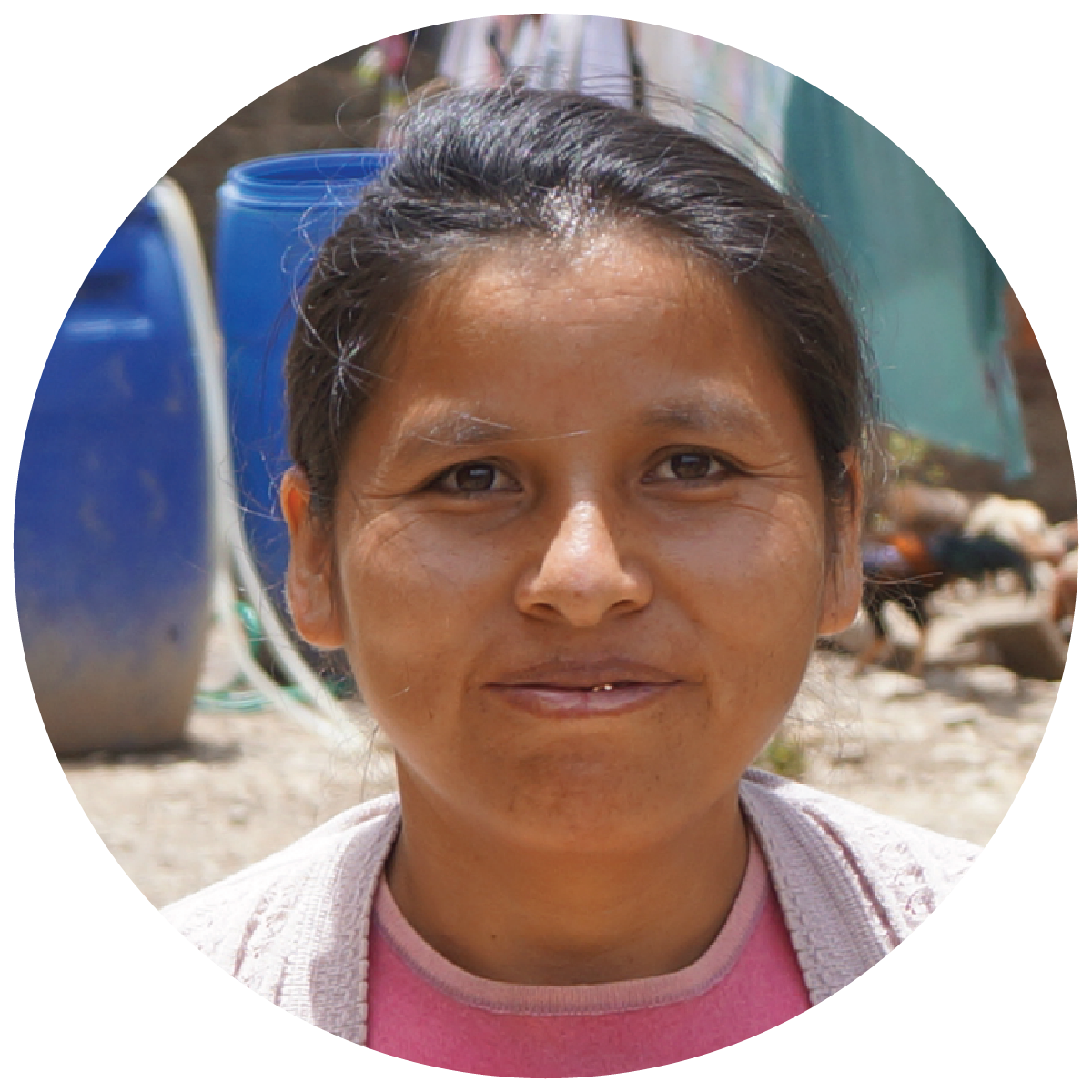
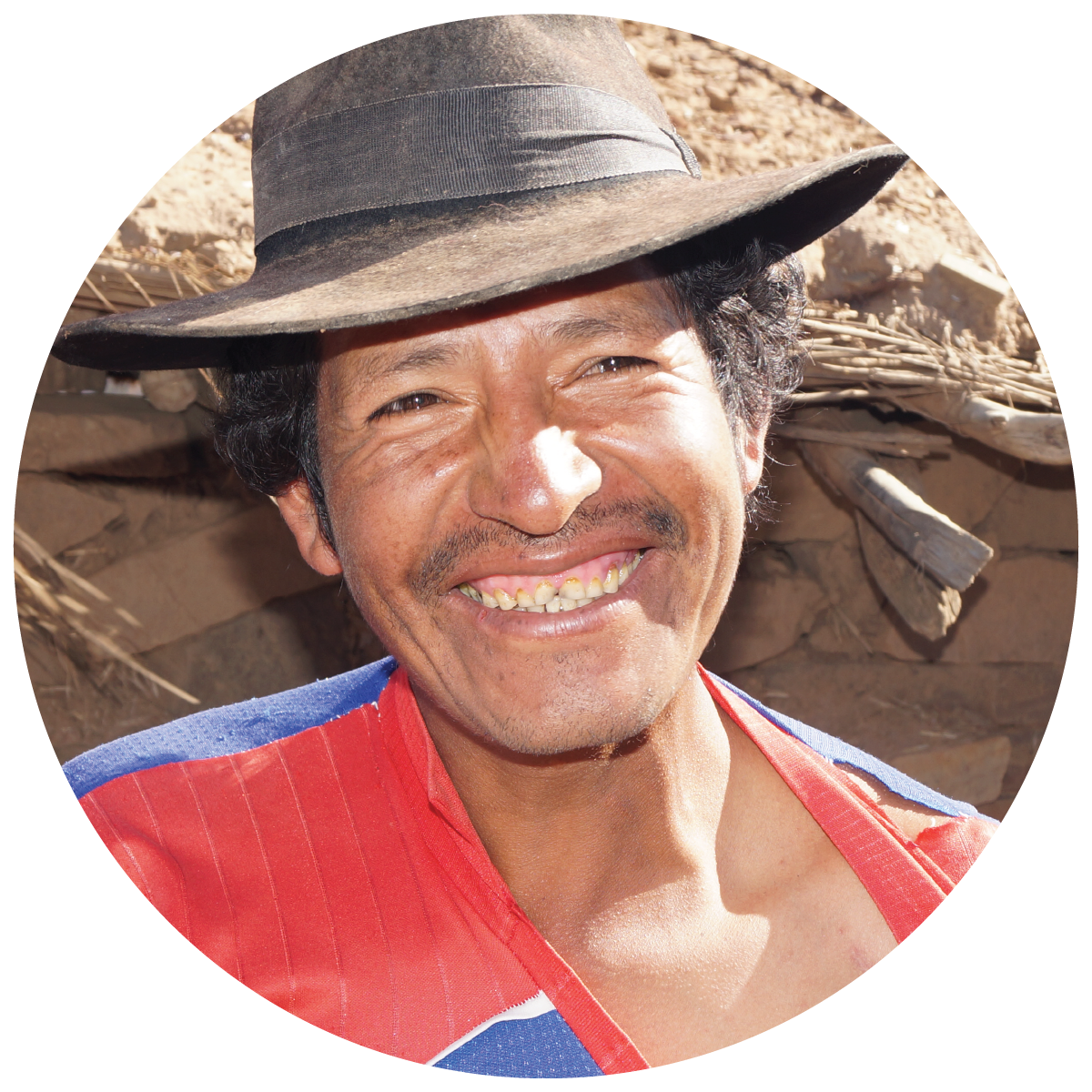
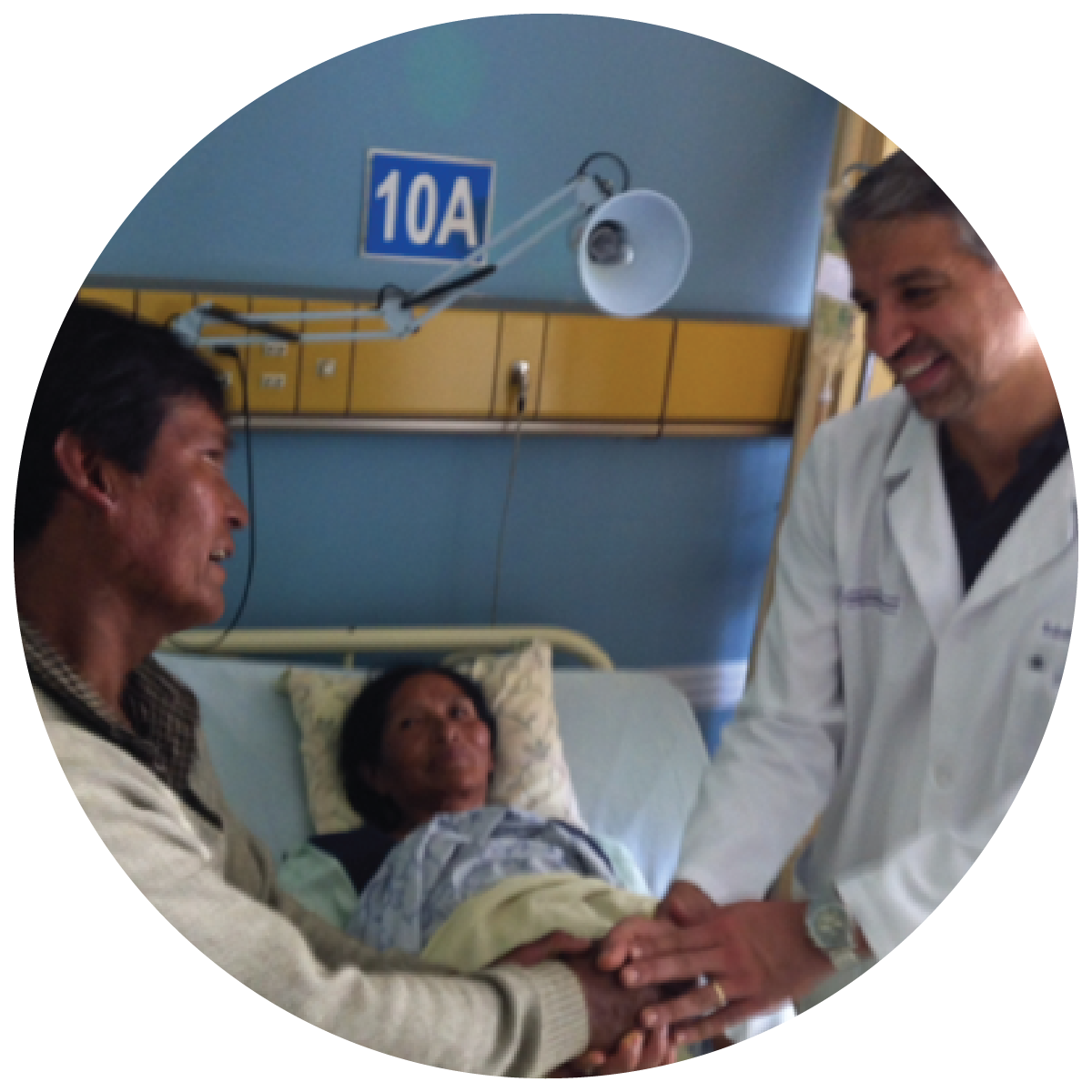
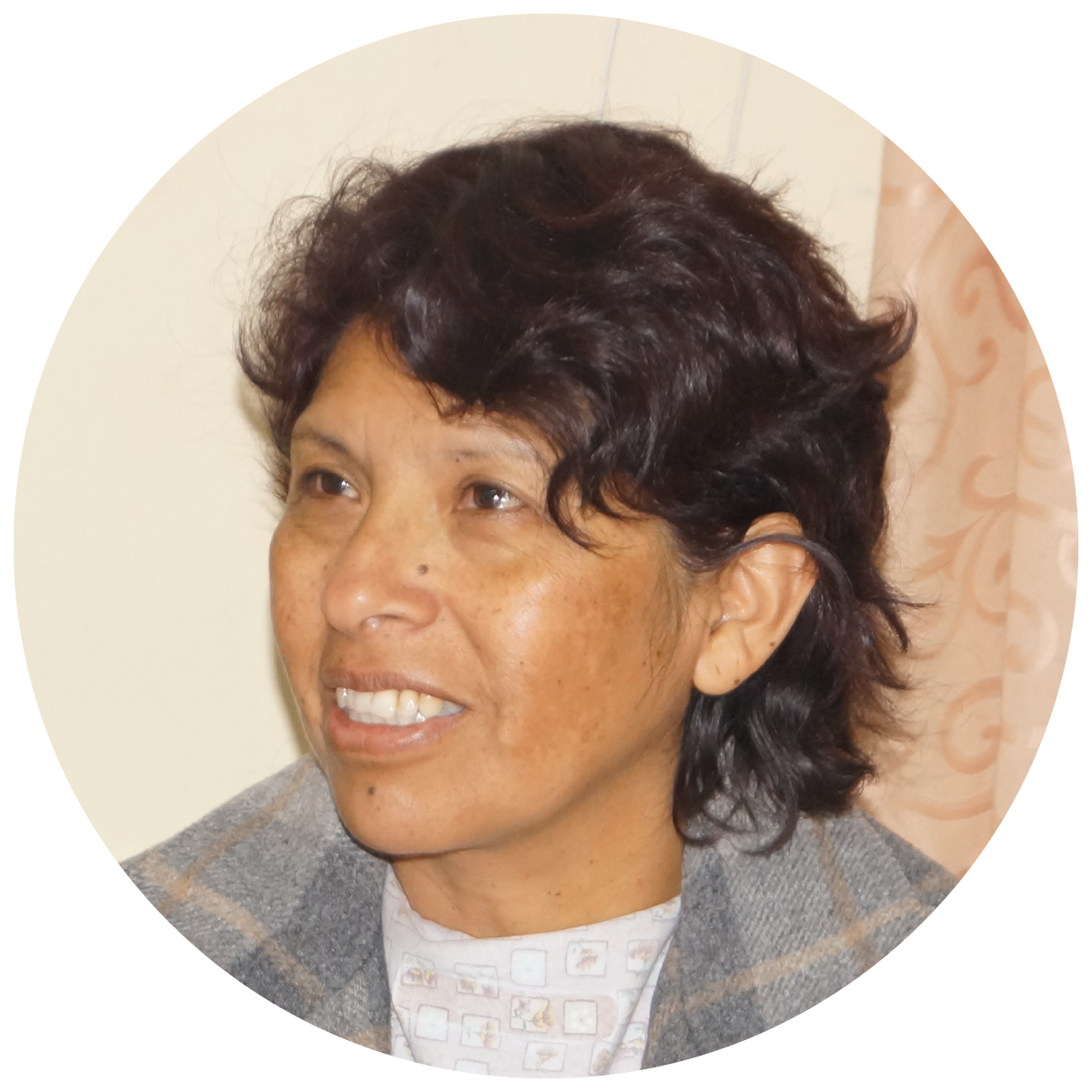
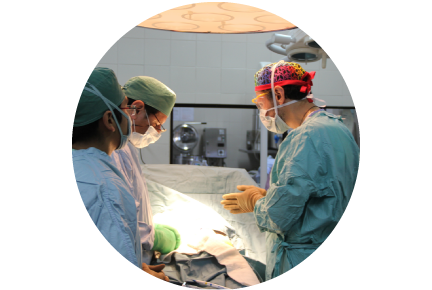
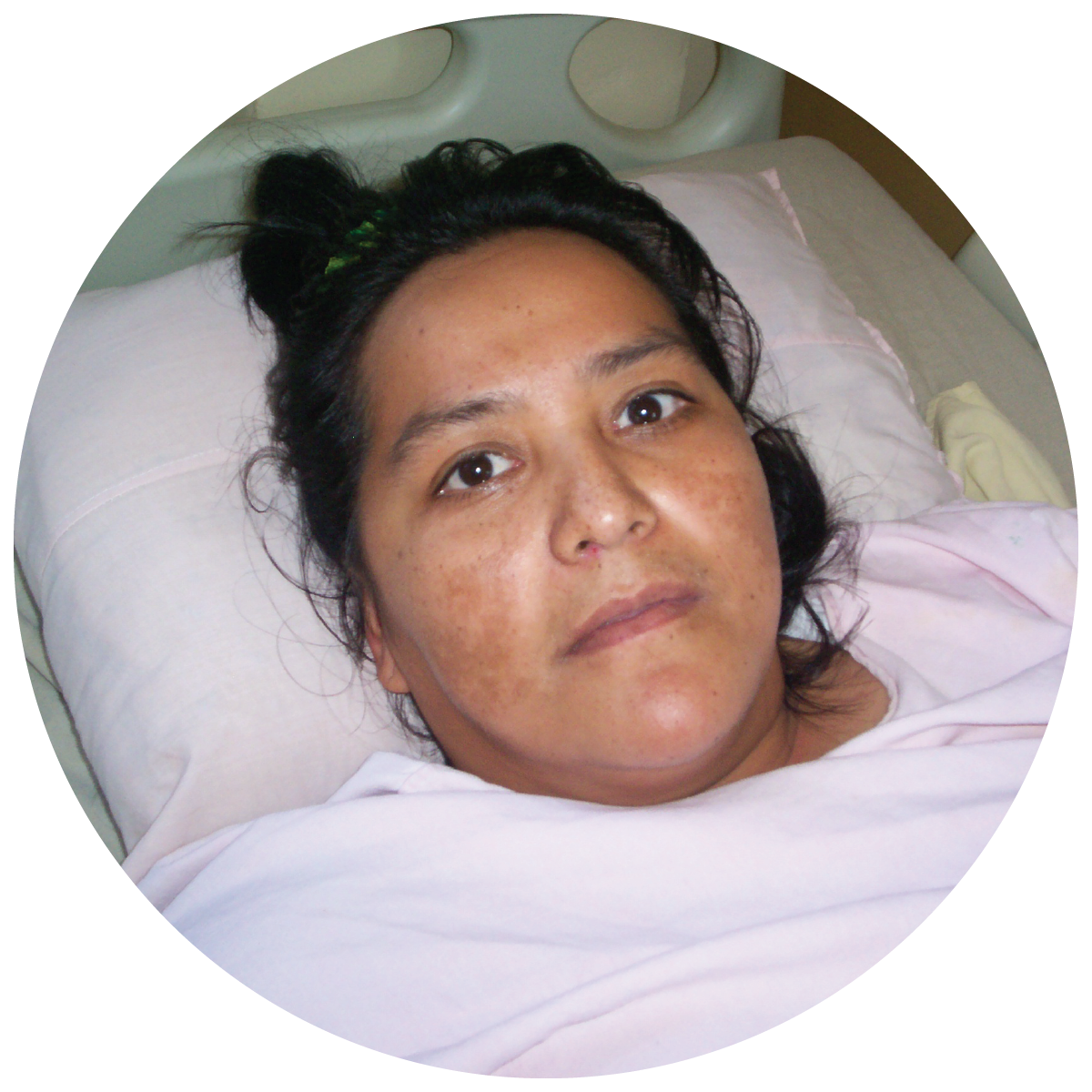
In Bolivia, one of the most evident examples of gender-based health inequity is the lack of access to quality gynecological care. This issue has been a part of Solidarity Bridge’s mission since our second mission trip in 2000. Many women, especially mothers, suffer silently from conditions like abnormal bleeding, pelvic organ prolapse, fibroids, urinary incontinence, and other health problems often linked to multiple childbirths. Unfortunately, these conditions are rarely addressed until they become severe.